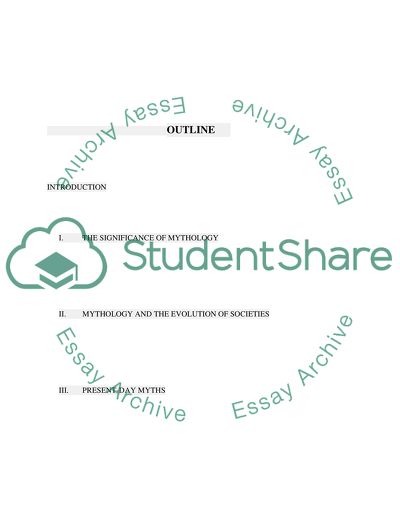Cite this document
(“*Mythology* How society has evolved with the myths in their culture Essay”, n.d.)
Retrieved from https://studentshare.org/english/1490160-mythology-how-society-has-evolved-with-the-myths
Retrieved from https://studentshare.org/english/1490160-mythology-how-society-has-evolved-with-the-myths
(*Mythology* How Society Has Evolved With the Myths in Their Culture Essay)
https://studentshare.org/english/1490160-mythology-how-society-has-evolved-with-the-myths.
https://studentshare.org/english/1490160-mythology-how-society-has-evolved-with-the-myths.
“*Mythology* How Society Has Evolved With the Myths in Their Culture Essay”, n.d. https://studentshare.org/english/1490160-mythology-how-society-has-evolved-with-the-myths.


